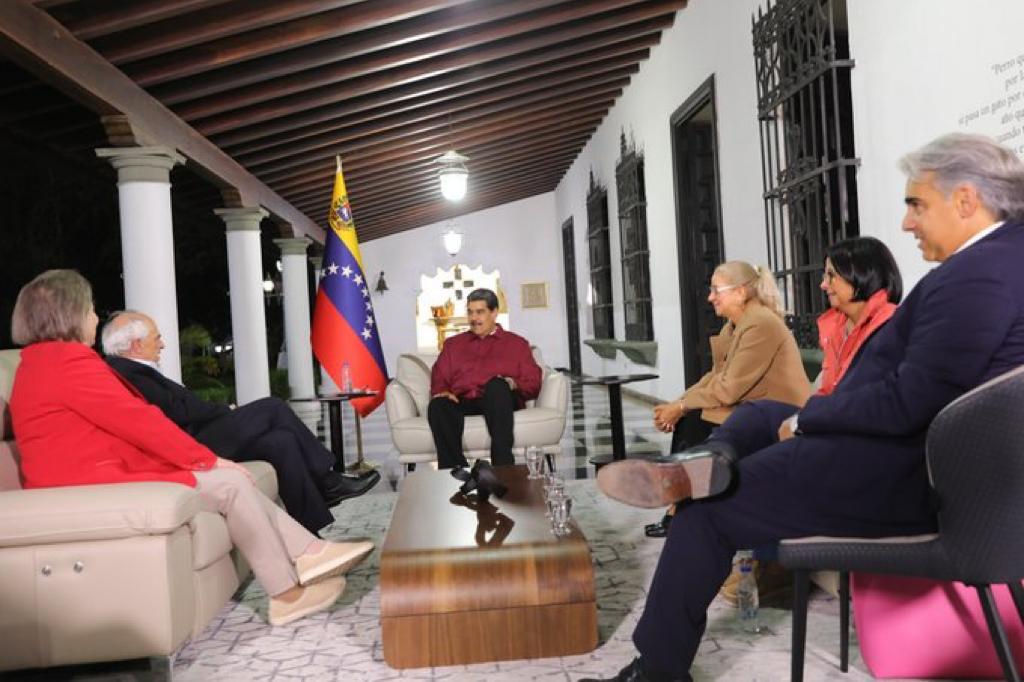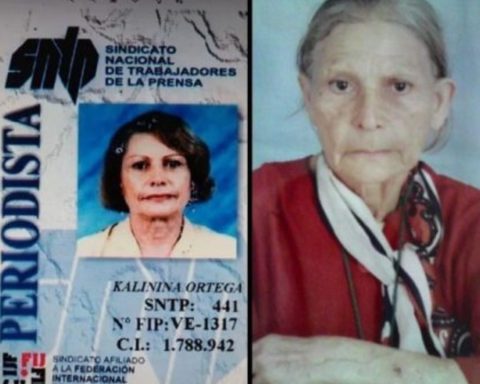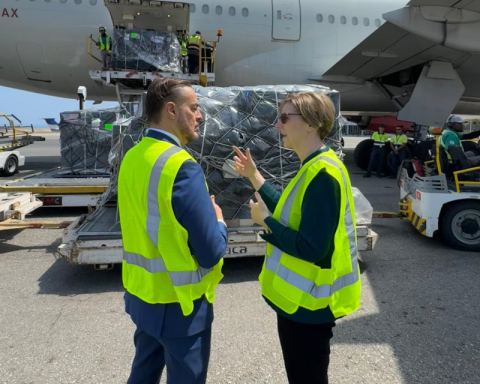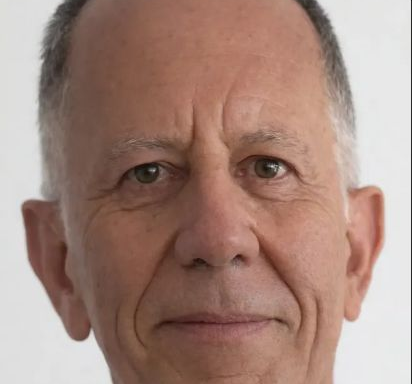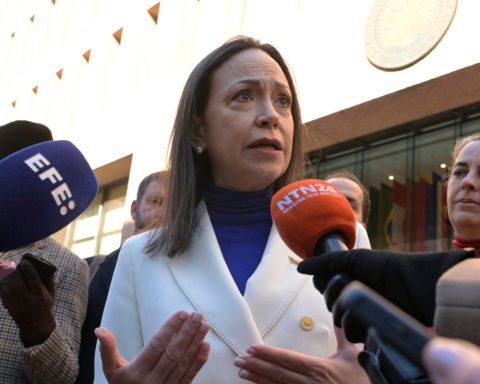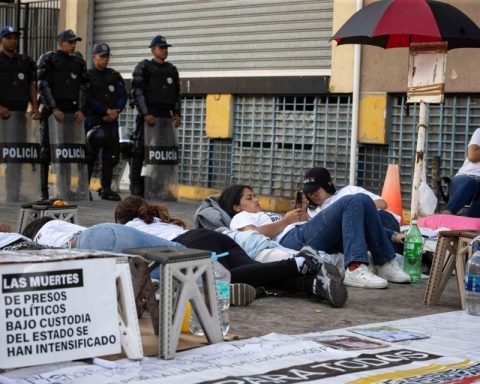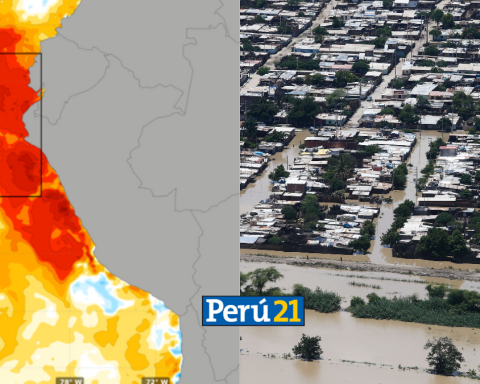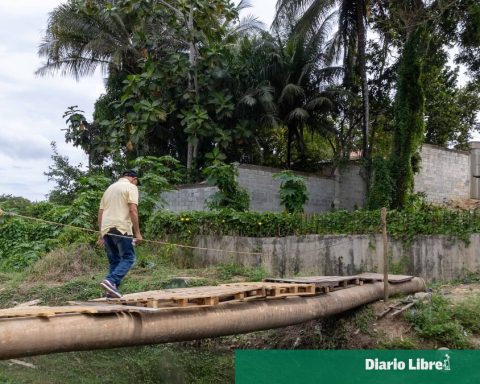The President of the Bolivarian Republic of Venezuela, Nicolás Maduro Moros, held a cordial working meeting with former Colombian President Ernesto Samper and a delegation accompanying him. The purpose of the meeting was to unite the countries of the region and seek the lifting of sanctions against Caracas.
In this fraternity meeting, which was held at the Aquiles Nazoa Cultural House, in the Venezuelan capital, they met, in addition to the head of state and the former president of New Granada, the Executive Vice President of the Republic, Delcy Rodríguez and the first combatant Cilia Flores de Maduro and the senator for the Historical Pact, Clara López Obregón.
This meeting takes place a few days after the Colombian government, headed by Gustavo Petro, will direct an international conference on April 25, which will have the participation of at least 15 countries, to promote the reactivation of dialogue between delegations of the National Government and the oppositions gathered in the Unitary Platform, a process that has been halted since last November.
In this line, Colombian President Gustavo Petro has indicated that “more democracy, zero sanctions, is the objective of the conference in Bogotá”, thus showing the central axes of this international event.
Last December, Maduro and Samper met at the Miraflores Palace to advance efforts to intercede in favor of dialogue between the government and the Venezuelan opposition and to safeguard the peaceful environment for its development.
Samper has also expressed to President Maduro the need to promote “the reconstruction of an effective space for South American consultation” in the spirit of a renewed Union of South American Nations (Unasur) that “must self-critically take charge of the deficiencies of the previous process.”
Ernesto Samper was president of Colombia between 1994 and 1998 and from 2014 to 2017, he replaced the Venezuelan Alí Rodríguez Araque as Secretary General of Unasur. During this period, the Colombian politician accompanied the initiatives for dialogue between the National Government and sectors of the opposition.
